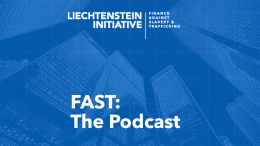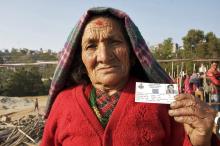There is growing recognition that individuals without official documentation often encounter significant barriers to accessing fundamental rights and entitlements, further exacerbating challenges like social stigma, economic marginalization and limited political representation and legal protection. While substantial evidence exists regarding the adverse impacts of modern slavery on those exploited and its survivors, the specific role that lack of official documentation plays in elevating modern slavery risks remains underexplored.
From October 2023 to September 2024, UNU-CPR, in collaboration with the Freedom Fund, conducted a mixed-methods research project to examine the connections between lack of documentation and modern slavery vulnerability. This study spanned Brazil, Kenya and Nepal, to understand how barriers to documentation increase susceptibility to modern slavery and provide practical solutions for national and local policymakers and civil society actors. The findings of the research were published as a global evidence review and final report, No Identity, No Protection: How Lack of Documentation Drives Modern Slavery.
This policy brief summarizes key findings from the Kenya case study, highlighting persistent documentation gaps despite government efforts to improve birth registration and ID issuance. Vulnerable groups – such as nomadic communities, orphans and individuals in remote areas – often remain undocumented from birth, increasing their exposure to exploitation. Migrants within Kenya lack the necessary documentation for safe employment, while nationals working abroad risk exploitation through document confiscation. Displaced persons also face prolonged vulnerability due to delays in the Refugee Status Determination process.
The experiences of modern slavery vary across these subgroups, emphasizing the need for targeted interventions. This policy brief offers tailored recommendations for policymakers and civil society to address documentation barriers and support vulnerable populations.
Read the full Policy Brief, "Addressing documentation and modern slavery risks in Kenya" for detailed recommendations.
Suggested citation: Heaven Crawley, Linda Oucho and Angharad Smith. Addressing documentation and modern slavery risks in Kenya : UNU-CPR, 2024.



